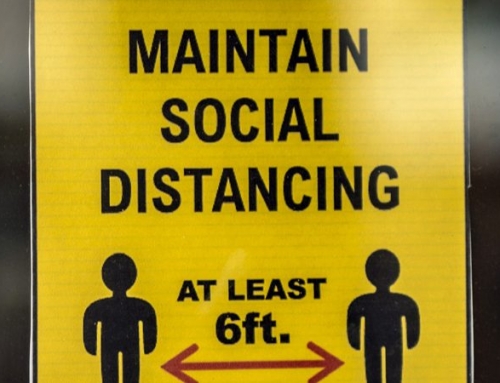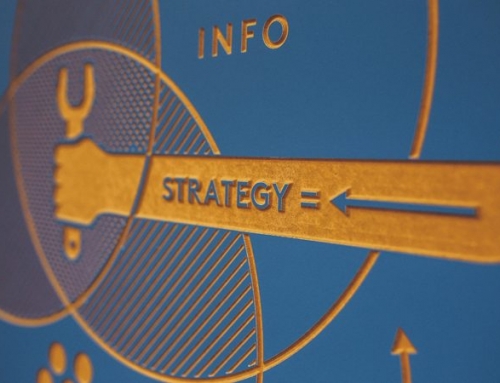Whether you are in hospitality, entertainment, music or marketing, the chances are that your business has been severely affected by the outbreak of Covid 19. Social distancing and lockdown measures mean that the economy is in the worst state it has ever been in living memory and this is being reflected across practically every sector. Thankfully, doctors and government officials are now confident that this dreadful situation will not be lost forever and that we are likely to see a return to some semblance of normality by next year. This presents significant challenges for businesses and knowing how to prepare for the coming year can be incredibly difficult. In this article, we discuss a few of the ways you can prepare your business for 2021.
Find out the facts and avoid tabloid gossip stories
Unfortunately, fake news is a bigger problem than ever and for many people, finding out the facts about how coronavirus will affect the future of their business is extremely difficult. Wild speculation and phrases such as “the new normal” are commonplace on social media but in many cases, the assertions being put forward are not entirely true. The best course of action is to consult your country’s official government website for information on the regulations that are in place and how these are expected to change in the future. The chances are, the information will be rather vague and phrases such as “subject to change” will be commonplace, but you should be able to find out what you can and cannot do as a business. If in doubt, consider contacting your local government official for advice. As the economy needs to be restarted as soon as possible, there are carefully considered guidelines being drawn up to allow businesses of all sizes to gradually open again.
Make plans to operate at reduced capacity
Though we are all hopeful for a cure, a successful test and trace program and ultimately, the end of the virus as we know it, this may well take some time. This means it is likely that even in to 2020, businesses are going to be operating at a severely reduced capacity. Social distancing is likely to be enforced in many countries and though the entertainment and hospitality industries are already starting to reopen in some countries and states across America, things will not be back to normality for a while. To combat this, it is important to take practical steps and think about how you can operate safely while still making a profit. This could involve quite radical measures such as limiting customer’s time in any premises in which you do business, inviting clients to pre-register or book in before they come to visit and employing security or monitoring staff to make sure social distancing regulations are adhered to carefully.
Observe what other businesses are doing
Every sector has been affected slightly differently when it comes to the Covid crisis, but some trends are already emerging in terms of how people are coping with the situation. Take a look at the sectors that have either remained fully functional during the lockdown period, or those that are beginning to open up in gradual stages now. Airlines, bus, and train companies have managed to continue taking money by employing social distancing measures along with strict rules on PPE for both staff and customers. A similar approach has been employed in the retail sector. Though this kind of initiative can be difficult to implement in areas where social distancing is less practical, it is important to at least consider this as an option as it may be a choice between severely reduced business income, or none at all.
You can also take some inspiration from online businesses as many digital companies have actually enjoyed an increase in sales since the outbreak of the virus. This is not to say that you can capitalise on the misfortune of others but providing more online services as replacement to physical interaction could be an option for you if you are at risk of going out of business entirely.
Extended opening hours and longer working days
As the reinfection rate begins to fall, businesses will gradually begin open again but unfortunately, fears of a second spike are being fuelled by the recent in events in Wuhan, which has recently gone back into a lockdown state. It may be a case of working longer hours and opening businesses for longer during the later summer months in order to bring in as much income as possible. If a second lockdown does happen, it may be even more financially devastating than the first, so it makes sense to prepare for this by working longer days when you are able to. “Make hay when the sun shines” is an old English saying that reflects this approach quite well. Hopefully, we will not experience a second spike but accounting for this in your 2021 preparations would make a lot of sense.
Prepare for unexpected developments
Planning in any conventional sense is now practically impossible until more is known about the way the virus spreads and what the impact of the dramatic financial crash may be in the future. Adaptability and resilience are key factors in coping with Covid from a business perspective in 2020. Put aside emergency funding if you can and take advantage of any low interest or government backed loans that are available to you when you can. Ensure that your staff are covered when it comes to wages and advise them on how to apply for unemployment support if you feel as if you may seriously risk going out of business altogether. Though we cannot predict the future, we can take practical steps towards making it easier to cope with potentially difficult situations. The key is to accept that although Covid will eventually fade away, it is effects will be felt for many years to come.






